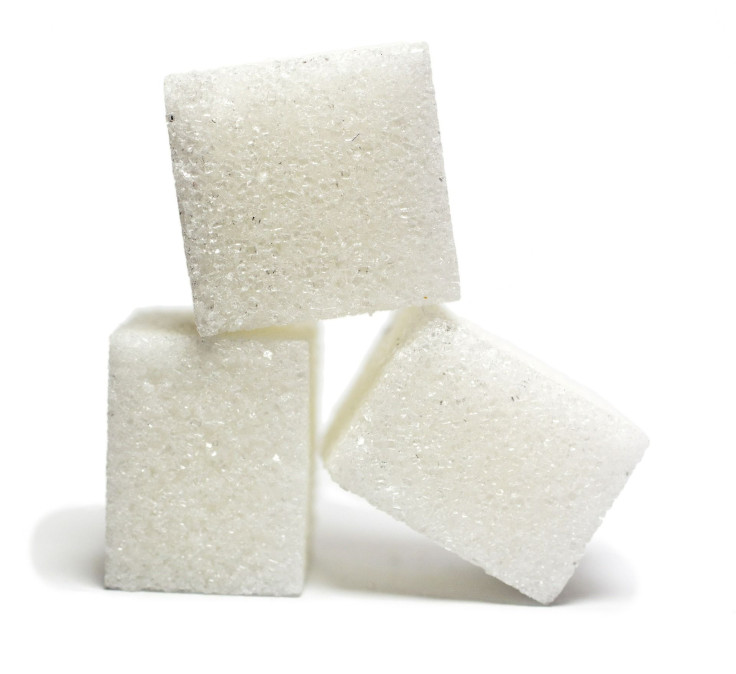Move Over Taste Buds, Muscles Can Taste Sugar Too, Says Study

It looks like those Oreos you downed after dinner are exciting more than just your taste buds. A new study says that our muscles can actually taste sugar too.
Read:Fructose Isn't All Bad, Says New Study As Researchers Find Sugar Helps With Muscular Dystrophy
Scientists know beta cells sense the increase in glucose in our bodies post sweet treat or carby meal. These cells release insulin and it’s this hormone that helps the glucose to enter the cells so we can use it for energy, explains the Kaiser Foundation Health Plan.
This new study from the University of Michigan adds a new discovery to how sugar is experienced in our bodies.
“We found that skeletal muscle cells have machinery to directly sense glucose—in a certain sense it’s like the muscles can taste sugar, too,” says senior study author Jiandie Lin of the University of Michigan, in a statement.
As the study authors explain in the paper, the way glucose works with skeletal muscles in a regulatory sense to maintain equilibrium was previously unknown. The discovery was made by making a specific gene inactive in lab mice. After making the tweak, mice were given a high-fat diet and were unable to get rid of the additional glucose.
“We found that the molecular pathway that’s engaged by glucose in muscle cells, at least the initial steps, is very similar to what happens in the beta cells in the pancreas,” says Lin of the process.
The team believes this research about how our body processes sugar could help with new obesity and diabetes discoveries and treatments.
Sugar has long been under attack as more and more research proved that it’s bad for your brain, heart, teeth, liver, waistline, and on and on. Most notably, The New York Times delved into how this substance, which is found in everything from pasta sauce to bread and peanut butter, has gone mostly unnoticed compared to fat.The outlet reports on a paper that concluded five decades of health research was persuaded by the sugar industry.
“They were able to derail the discussion about sugar for decades,” Stanton Glantz, professor of medicine at U.C.S.F. and study co-author of the paper published in the JAMA Internal Medicine, told the Times.
Read: Healthy Foods That Are Common Sources Of Hidden Sugar, From Bread To Yogurt
Glantz and his colleagues found that a sugar special interest group paid Harvard money to publish a biased review on sugar, fat and heart disease in the 60s. While The New York Times reports that many nutritional studies are not totally unbiased, there is more evidence proving that added sugar isn’t so harmless. The American Heart Association recommends no more than 36 grams of added sugar for adult men and 25 grams for women.
See Also:
Diet Trends 2017: How The Popular 80/10/10 Eating Plan Affects Weight Loss, Blood Sugar



























